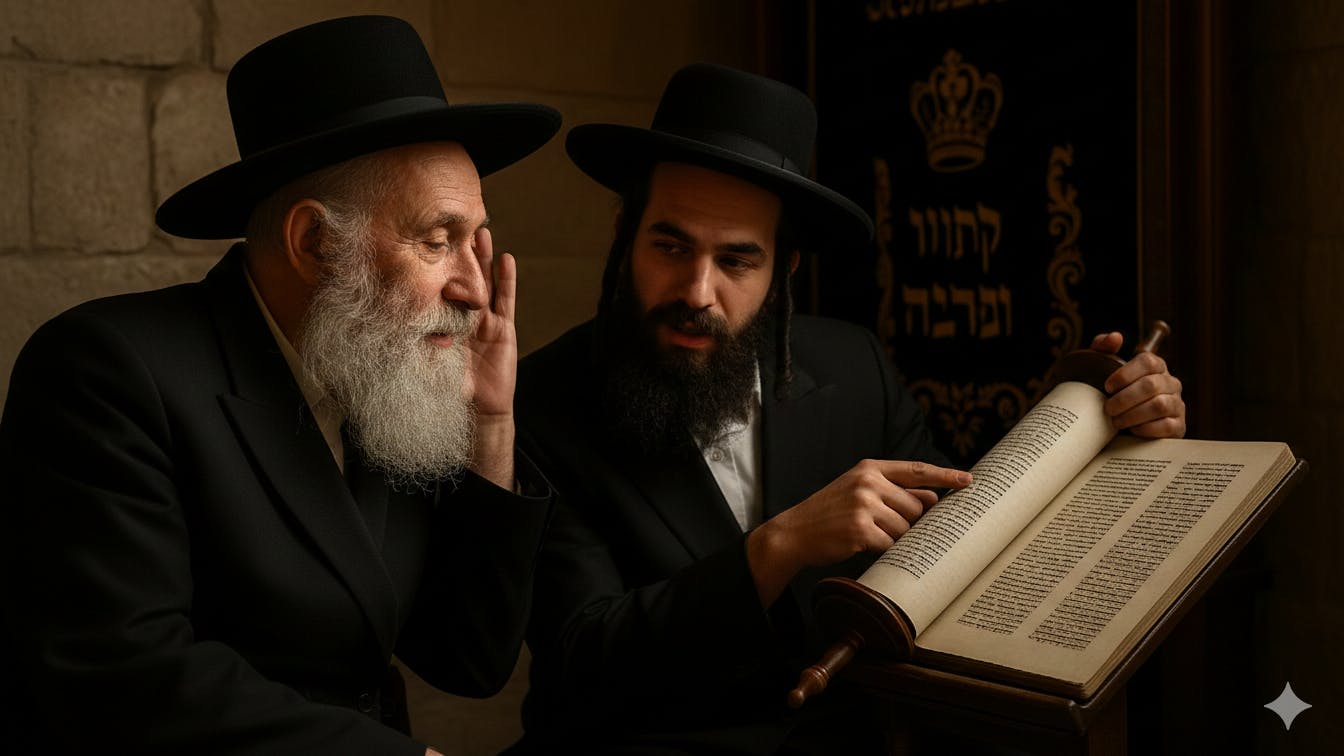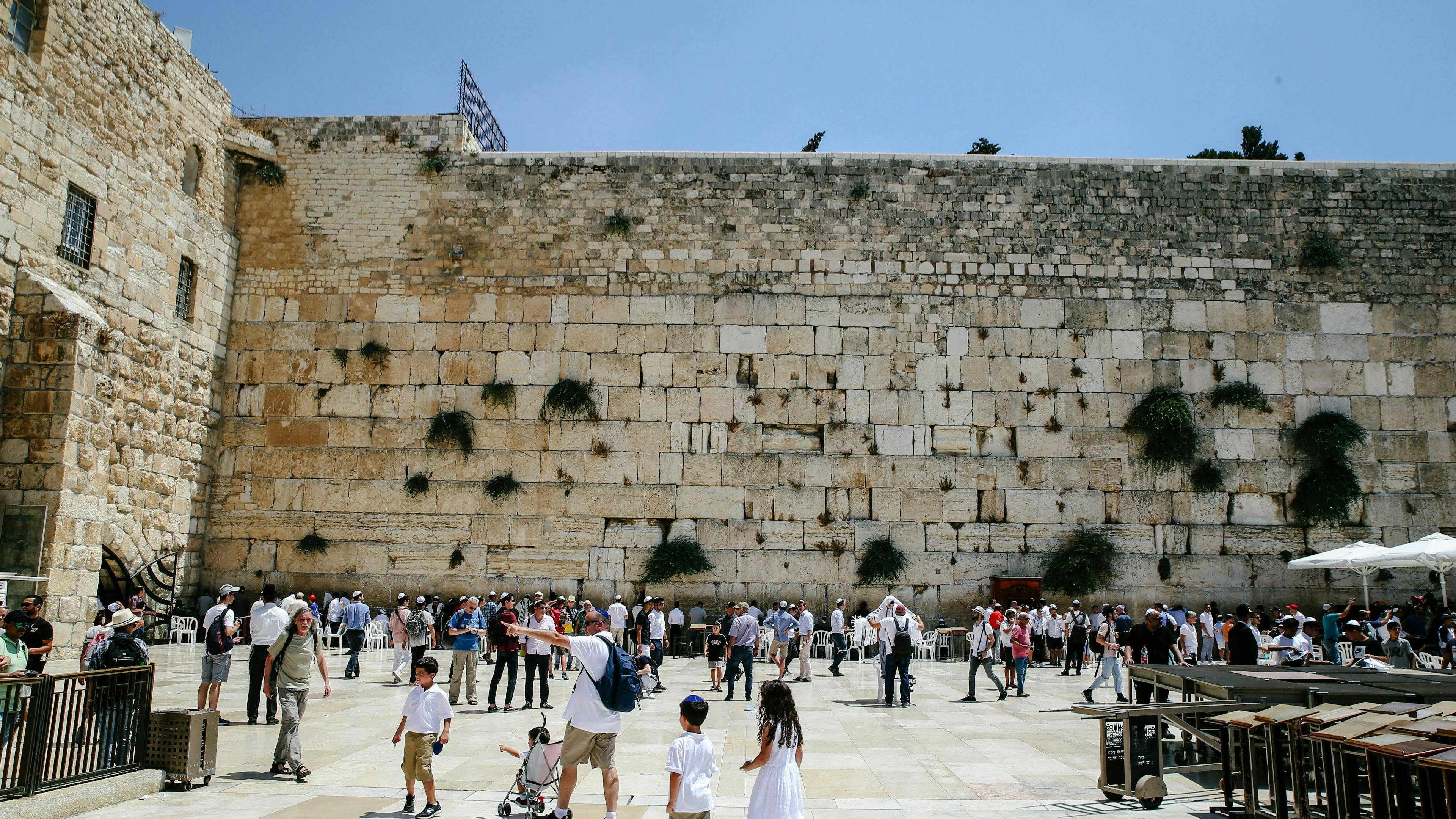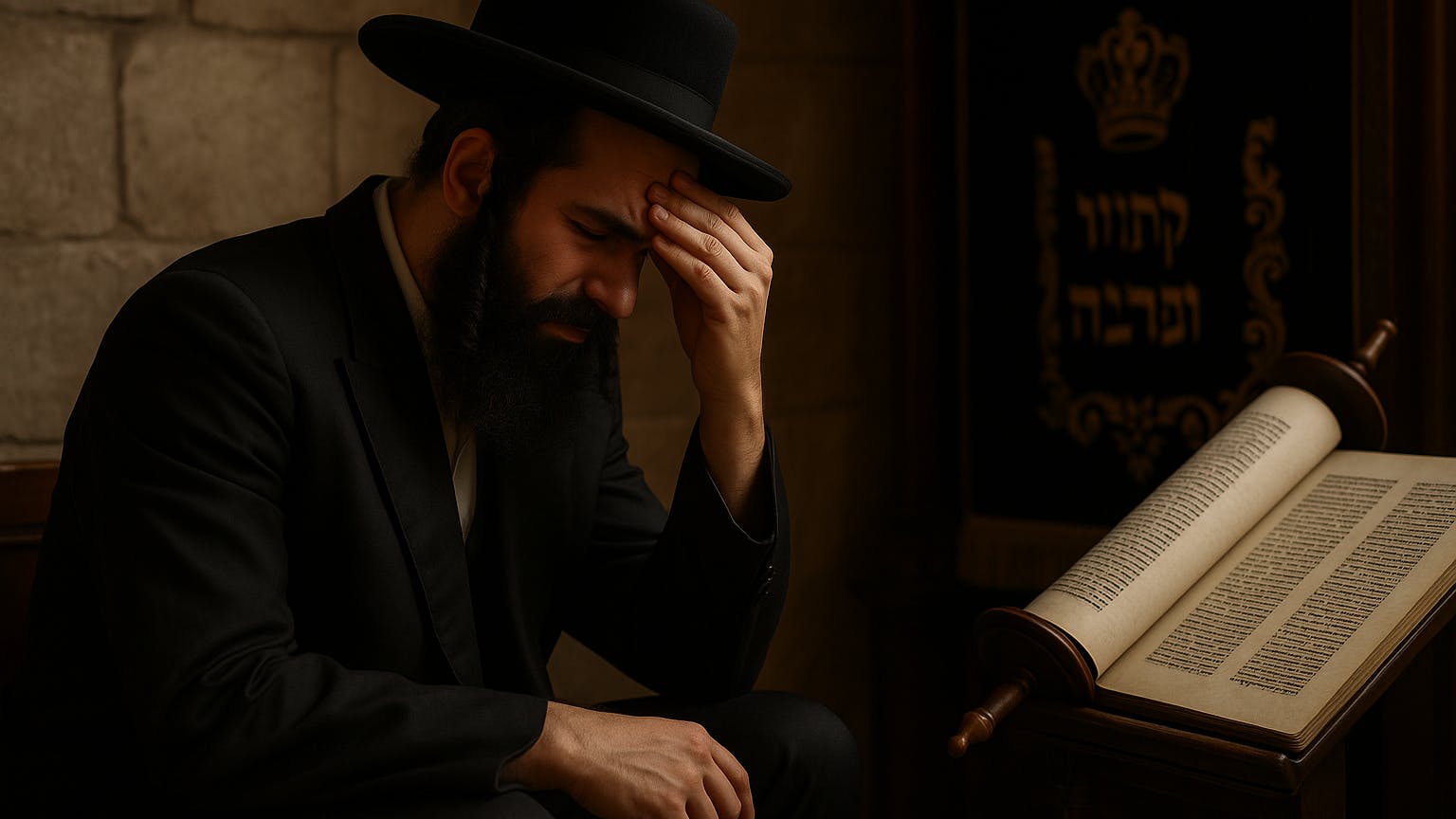In 1977, the rabbi Pinchas Lapide raised eyebrows when he wrote a book in which he affirmed that Jesus of Nazareth was raised from the dead, without announcing his conversion to Christianity. Lapide stated: “I accept the resurrection of Jesus not as an invention of the community of disciples, but as a historical event.”
It may surprise many to learn that Judaism has not traditionally questioned whether Jesus performed miracles or not – the resurrection being seen as the ultimate miracle. In the tractate Toledot Yeshu, a medieval text that was used by Jews as a polemic against Christianity, Jesus is portrayed as learning the name of God and drawing power from such. It reads:
“Yeshu came and learned the letters of the Name; he wrote them upon the parchment which he placed in an open cut on his thigh and then drew the flesh over the parchment. As he left, the lions roared and he forgot the secret. But when he came to his house he reopened the cut in his flesh with a knife and lifted out the writing. ...
Yeshu proclaimed, "I am the Messiah; and concerning me Isaiah prophesied and said, 'Behold, a virgin shall conceive, and bear a son, and shall call his name Immanuel.'" ...
The insurgents with him replied that if Yeshu was the Messiah he should give them a convincing sign. They therefore, brought to him a lame man, who had never walked. Yeshu spoke over the man the letters of the Ineffable Name, and the leper was healed. Thereupon, they worshiped him as the Messiah, Son of the Highest.”
“Yeshu” is an acronym “Yimach Shmo Uzichro,” meaning “May his name and memory be blotted out.” Sadly, this is how many Jewish children are trained to think about Jesus: that he is worthy of curses.
It is not true at all that Jesus acquired power through learning the divine name. In fact he himself possessed the divine name. This is clear from the Hebrew Bible itself. The name of God – represented by the letters yod-hey-vav-hey and its accompanying vowels, and pronounced “Jehovah” – is a name that is ascribed to more than one person as the Targums make clear. Hence we see two “Jehovahs” in the same verse, in Genesis 19:24:
Genesis 19:24
“Then the LORD [Jehovah rained upon Sodom and upon Gomorrah brimstone and fire from the LORD [Jehovah] out of heaven”
The Hebrew grammar here indicates that one Jehovah rains fire from another Jehovah. Recall how in the previous chapter we read,
Genesis 18:22
“And the men turned their faces from thence, and went toward Sodom: but Abraham stood yet before the LORD.”
If Jesus of Nazareth is not only Messiah but also Jehovah, it would not follow that he learned how to pronounce his own name in order to perform miracles. Indeed, he who created the world, and all the rules of it, and he who holds it together by his word is also he who has the power over it to change the rules that he himself has established to govern the cosmos.
Here we get to the heart of rabbinic opposition to Jesus Christ: it is not so much a disbelief that he could and did perform miracles, but rather, that Jewish tradition – without warrant – ascribes the worst motives to Christ’s actions. We see a sad example of this in Rabbi Maimonides’ bitter cursing of Jesus in his epistle to Yemen, which does not bear repeating.
If Jesus had not fulfilled Biblical prophecy (for the sake of argument), one might understand this. However, you can see from Christ’s teachings, person, works, etc. that he was no magician. Christ’s miracles: healing the sick, etc., are all completely in line with Scriptural prophecies.
Christ fulfilled the time of the Messiah when he was cut off, yet not for himself, according to Daniel’s prophecy (9:24-27):
Daniel 9:24-27
“Seventy weeks are determined upon thy people and upon thy holy city, to finish the transgression, and to make an end of sins, and to make reconciliation for iniquity, and to bring in everlasting righteousness, and to seal up the vision and prophecy, and to anoint the most Holy. Know therefore and understand, that from the going forth of the commandment to restore and to build Jerusalem unto the Messiah the Prince shall be seven weeks, and threescore and two weeks: the street shall be built again, and the wall, even in troublous times. And after threescore and two weeks shall Messiah be cut off, but not for himself: and the people of the prince that shall come shall destroy the city and the sanctuary; and the end thereof shall be with a flood, and unto the end of the war desolations are determined. And he shall confirm the covenant with many for one week: and in the midst of the week he shall cause the sacrifice and the oblation to cease, and for the overspreading of abominations he shall make it desolate, even until the consummation, and that determined shall be poured upon the desolate.”
This explained further in the article Messiah Bringing an End to Sin - What Does That Mean?.
Jesus Christ fulfilled the location of the Messiah when he was born in Bethlehem Ephratah (Micah 5:2):
Micah 5:2
“But thou, Beth-lehem Ephratah,
though thou be little among the thousands of Judah,
yet out of thee shall he come forth unto me that is to be ruler in Israel;
whose goings forth have been from of old, from everlasting.”
Note how Christ’s origins here are described as being from everlasting.
Jesus Christ fulfilled the mission of the Messiah when he died on the cross for our sins. David prophesied:
Psalm 22:16
“For dogs have compassed me: the assembly of the wicked have inclosed me: they pierced my hands and my feet.”
And Isaiah prophesied even of his rejection by the Jewish people and his death in chapter 53:
Isaiah 53
“Surely he hath borne our griefs, and carried our sorrows: yet we did esteem him stricken, smitten of God, and afflicted. But he was wounded for our transgressions, he was bruised for our iniquities: the chastisement of our peace was upon him; and with his stripes we are healed.”
And again, the Psalmist, speaking of his rejection by the rabbis, said:
Psalm 118:22
“The stone which the builders refused is become the head stone of the corner. This is the Lord’s doing; it is marvellous in our eyes.”
Jesus Christ fulfilled the priesthood of the Messiah when he established a new priesthood according to the order of Melchizedek:
Psalm 110:4
“The Lord hath sworn, and will not repent, Thou art a priest for ever after the order of Melchizedek.”
Melchizedek was not from the tribe of Levi; and neither was Messiah Jesus, who was from the tribe of Judah.
All of this shows that Jesus Christ both was and is and ever will be Jehovah God, and also that he fulfilled the prophecy concerning the true Messiah. Christ’s miracles attested to this truth. This therefore makes the claim that Jesus was a false messiah who learned the name of God in order to gain the power to perform miracles extremely wrong-headed.
Significantly, the rabbis have not denied Christ’s miracles. Now they need to stop denying his messiahship too. You can set yourself free from being blinded to this too by repenting of your sins and trusting in Christ today.
More Topics
You might alsoo be interested in these topics.




